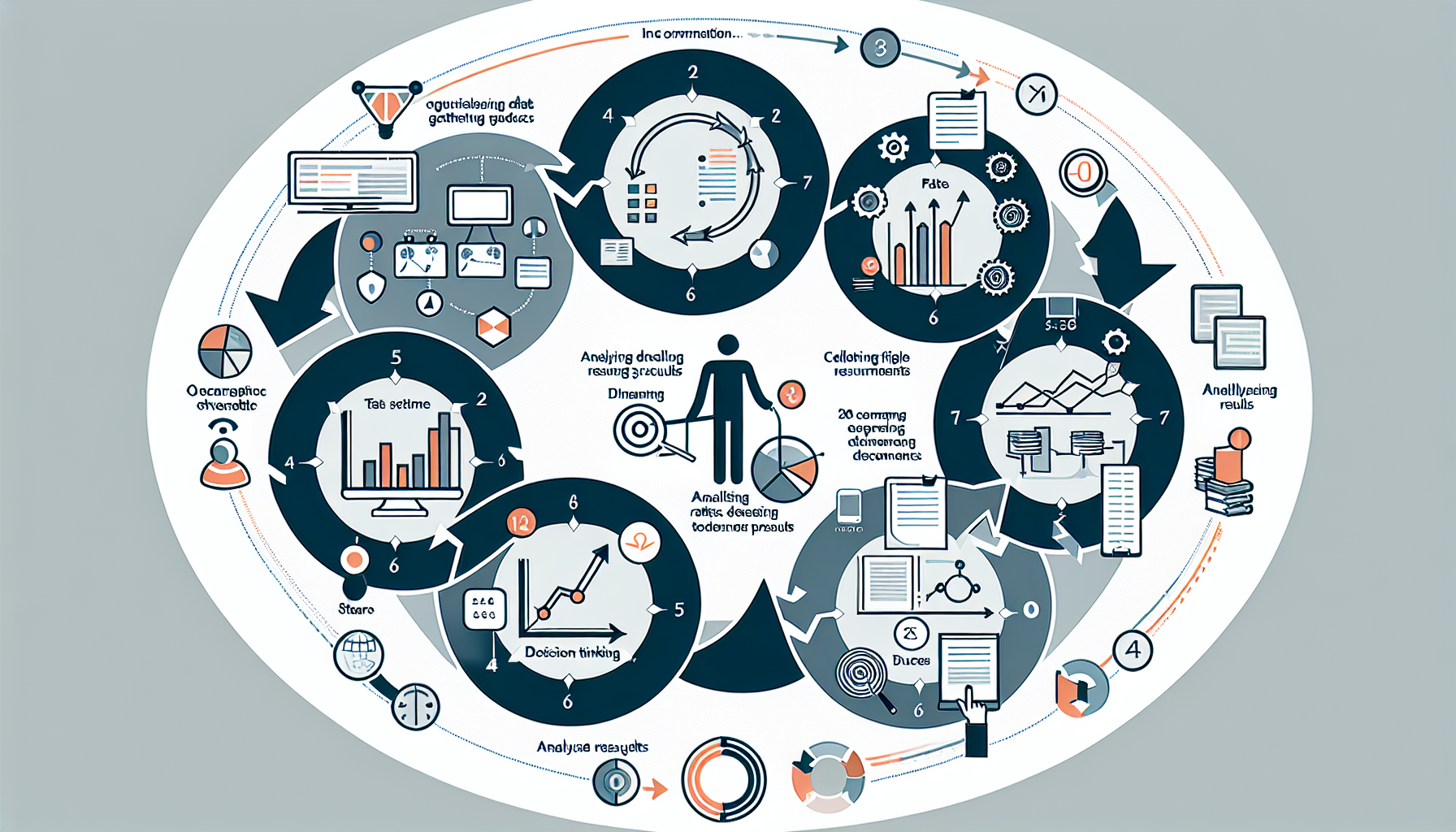The Rise of AI in Job Search Platforms

One of the most significant changes AI has brought to job search platforms is the enhancement of job matching algorithms. Traditional job boards often operate on keyword-based searches, which can lead to mismatches between job seekers and available positions. In contrast, AI algorithms analyze a multitude of factors, including skills, experience, and even personality traits, to provide a more refined matching process. For example, platforms like LinkedIn and ZipRecruiter leverage AI to suggest job opportunities that align closely with a candidate’s profile and past experiences. According to a report by the World Economic Forum, companies utilizing AI in recruitment processes have experienced an increase in hiring efficiency, as AI can process vast amounts of data and deliver personalized recommendations much faster than human recruiters. This means job seekers can find positions that suit their qualifications more quickly, while employers can connect with candidates who are the best fit for their needs.
Resume Screening and Candidate Evaluation
Another area where AI is making waves is in resume screening. Traditional hiring processes often involve recruiters sifting through hundreds of resumes, a task that is both time-consuming and prone to human error. AI-powered tools can analyze resumes for relevant skills and experiences, significantly speeding up the initial screening phase. For instance, platforms like HireVue and Pymetrics utilize AI to assess candidates not only through their resumes but also via video interviews and gamified assessments that measure cognitive and emotional traits. This shift not only benefits employers by streamlining their hiring processes but also enhances fairness in recruitment. AI algorithms can be designed to reduce bias by focusing solely on the qualifications and skills of candidates rather than demographic factors. However, it is essential to note that the effectiveness of this bias reduction largely depends on the data used to train these AI systems. If the training data is biased, the outcomes can still reflect those biases, necessitating a careful approach to AI implementation in hiring.
Personalized Job Recommendations
Personalization is another key advantage brought by AI to job search platforms. Job seekers today expect tailored experiences, and AI can deliver this by analyzing user behavior, preferences, and previous interactions with job listings. For instance, platforms like Glassdoor and Indeed use machine learning algorithms to learn from users’ clicks and applications, subsequently suggesting jobs that match their interests and career aspirations. This level of personalization not only saves time for job seekers but also enhances their overall experience by providing them with opportunities they might not have discovered otherwise. A study from McKinsey found that personalized recommendations can lead to significantly higher engagement rates, which is beneficial for both job seekers and employers looking to attract the right talent.
Challenges and Ethical Considerations
Despite the many advantages of AI in job search platforms, there are challenges and ethical considerations that must be addressed. One of the primary concerns is the potential for algorithmic bias, which can occur if the AI systems are trained on historical data that reflects existing prejudices. This can inadvertently disadvantage certain groups of candidates, perpetuating inequality in hiring practices. Additionally, there are concerns regarding transparency in how AI algorithms function. Job seekers may be left in the dark regarding why they were matched with certain job opportunities or why their applications were rejected. For AI to be effectively integrated into recruitment processes, companies must prioritize transparency and ensure that candidates understand how their data is being used and assessed.
The rise of AI in job search platforms marks a significant turning point in the recruitment landscape. By enhancing job matching, streamlining resume screening, and providing personalized recommendations, AI is reshaping the way job seekers connect with employers. However, with these advancements come challenges that must be addressed to ensure fairness, transparency, and ethical practices in hiring. As technology continues to evolve, it is crucial for job seekers and employers alike to stay informed and engaged with these developments, ultimately fostering a more efficient and equitable job market for all.
AI Recruiter Specialist
Tech companies like Google, Amazon, and IBM.
Core Responsibilities
Design and implement AI-driven recruitment strategies to enhance candidate sourcing and matching.
Collaborate with hiring managers to understand specific role requirements and tailor AI algorithms accordingly.
Analyze recruitment metrics to assess the effectiveness of AI tools and continuously optimize processes.
Required Skills
Strong understanding of AI applications in HR and recruitment.
Excellent data analysis skills and experience with recruitment software.
Familiarity with machine learning principles and algorithms.
Data Scientist in Recruitment
Consulting firms, HR tech companies, and large corporations with dedicated data teams.
Core Responsibilities
Utilize statistical techniques and machine learning to analyze recruitment data and improve hiring outcomes.
Develop predictive models to assess candidate fit and forecast hiring needs.
Communicate findings to stakeholders to guide data-driven recruitment decisions.
Required Skills
Proficiency in programming languages such as Python or R and experience with data visualization tools.
Strong analytical skills, with a focus on HR metrics and performance data.
Understanding of the recruitment lifecycle and challenges.
Recruitment Marketing Specialist
Large companies, recruitment agencies, and startups looking to enhance their employer brand.
Core Responsibilities
Develop and execute employer branding strategies to attract top talent using digital marketing techniques.
Create engaging content for job postings, social media, and recruitment campaigns that highlight company culture and values.
Analyze recruitment marketing performance and adjust strategies based on data-driven insights.
Required Skills
Experience in digital marketing, content creation, and social media management.
Strong writing and communication skills to craft compelling narratives for job seekers.
Familiarity with SEO and analytics tools to measure campaign success.
Talent Acquisition Analyst
Human resources departments in corporations, recruitment agencies, and HR consulting firms.
Core Responsibilities
Analyze hiring processes and outcomes to identify trends, bottlenecks, and opportunities for improvement.
Generate reports on recruitment metrics for management review and strategic planning.
Support the implementation of AI tools for candidate evaluation and screening.
Required Skills
Strong analytical skills with proficiency in Excel or data analysis software.
Experience in HR analytics or talent acquisition processes.
Ability to communicate complex data insights to non-technical stakeholders.
AI Ethics Compliance Officer
Corporations with strong ethical standards, legal firms, and HR consulting companies focused on compliance.
Core Responsibilities
Ensure that AI recruitment tools comply with ethical standards and regulations regarding bias and fairness.
Conduct audits of AI algorithms used in hiring processes to identify and mitigate potential biases.
Collaborate with legal and compliance teams to develop policies around AI use in recruitment.
Required Skills
Knowledge of AI ethics, data privacy laws, and anti-discrimination practices.
Strong analytical and problem-solving skills to assess AI systems critically.
Excellent communication skills for training and educating teams on compliance matters.


